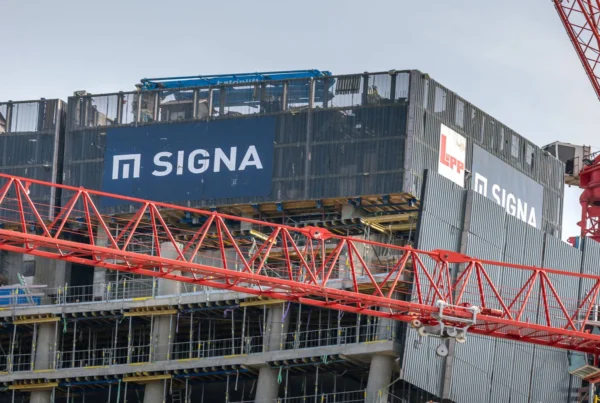TikTok has announced a strategy to promote election integrity in the lead-up to the 2022 US midterm elections. While this has been welcomed by many, it also raises questions about whether the US should trust a Chinese company to support the integrity of its elections.
Shane O’Callaghan, 24 October 2022
The US midterm elections on November 8 are quickly approaching, and, once again, there are fears of misinformation on social media platforms. While misinformation has been more commonly associated with Facebook, YouTube and Twitter, the popular app TikTok has announced that it is also taking steps to combat misinformation ahead of the election.
At first glance, a social media company announcing plans to combat election misinformation seems like a positive development. However, TikTok’s monitoring of election misinformation raises new concerns, as the platform is owned by the Chinese company ByteDance and is thus potentially subject to the influence of the Chinese government.
In preparation for the elections, TikTok has once again created an “Elections Center” on its app to provide important information such as how to register to vote, where to vote, and the positions of the candidates. The company has partnered with the National Association of Secretaries of State (NASS), the election information website Ballotpedia and many other voter advocacy organizations to offer accurate election information in 45 different languages.
In addition to the Elections Center, TikTok has continued its ban on all paid political advertising and closed the potential loophole of campaigns or Political Action Committees (PACs) paying users to create political posts advocating on behalf of a campaign. Further, all content relating to the midterms will be clearly labeled and will have links leading to the Elections Center.
TikTok also announced that it will use a combination of “technology and people” to strictly enforce its community guidelines. In other words, the company will rely on users to report violations, employees to review and act on potential violations and AI to automatically locate and remove as much prohibited content as possible.
Regarding potential violations, the company specifically mentioned that TikTok’s guidelines prohibit “election misinformation, harassment–including that directed towards election workers–hateful behavior, and violent extremism.” TikTok has also partnered with fact-checking organizations to help verify the accuracy of the information, which will help inform TikTok’s content moderation decisions.
Although TikTok and some of its partners are touting all of these steps as proof that the platform is taking election integrity seriously, there are still several serious concerns that should be considered as TikTok attempts to monitor misinformation regarding the elections.
TikTok has already shown that, like all other social media platforms, it is susceptible to becoming a vehicle for the spreading of misinformation. On top of TikTok’s prior struggles with election misinformation, there are still major questions about the possible influence that the Chinese government has over the platform’s parent company. As China is governed by an authoritarian communist regime, the Chinese Communist Party (CCP) holds great sway over Chinese companies and can increase its influence over any company, including ByteDance, if it sees fit.
In 2019, The Guardian reported that leaked documents showed that TikTok was removing content critical of the Chinese government, including mentions of “Tiananmen Square” and “Tibetan independence.” TikTok responded by claiming that it had already changed this policy. However, in November 2020, the company faced further accusations of deleting content critical of the CCP when Elizabeth Kanter, TikTok’s UK director of public policy, testified that the platform had been removing videos related to the internment of millions of Uyghurs in “reeducation camps” in Xinjiang, China. Ms. Kanter claimed that this policy had since been changed as well, but these two examples display an alarming pattern of deleting content unfavorable to the Chinese government.
Perhaps most concerning is that Meta, the parent company of Facebook and Instagram, recently reported that it had detected and removed a Chinese influence campaign targeting the US midterm elections. While it was reportedly limited in scope, the campaign used fake social media accounts to make provocative posts on Facebook, Instagram and Twitter from November 2021 to September 2022. This serves as a stark reminder that China is not opposed to using social media to sow discord amongst the American people.
To be clear, all of the social media companies have struggled with election misinformation in recent years, and there is no evidence that China is using TikTok to influence the upcoming elections. However, China is at best adversarial and at worst hostile towards the United States. Given TikTok’s track record of apparent deference to the Chinese government and China’s recent attempt to influence the midterms, the US must reevaluate whether platforms like TikTok can be trusted with something as paramount as the integrity of its elections.







